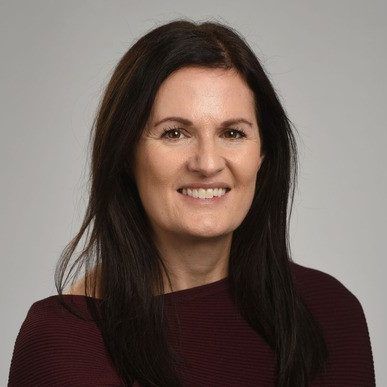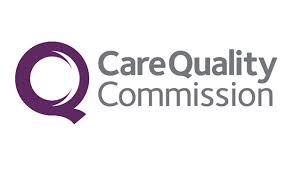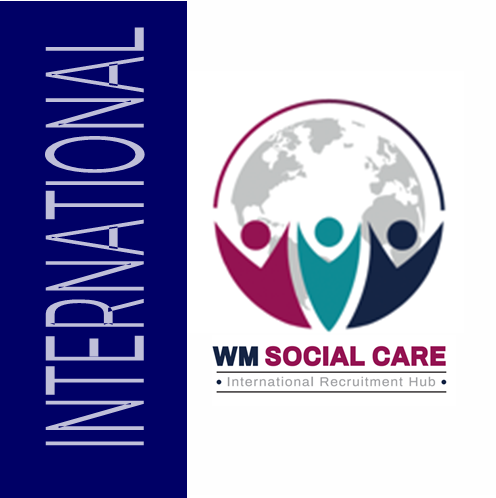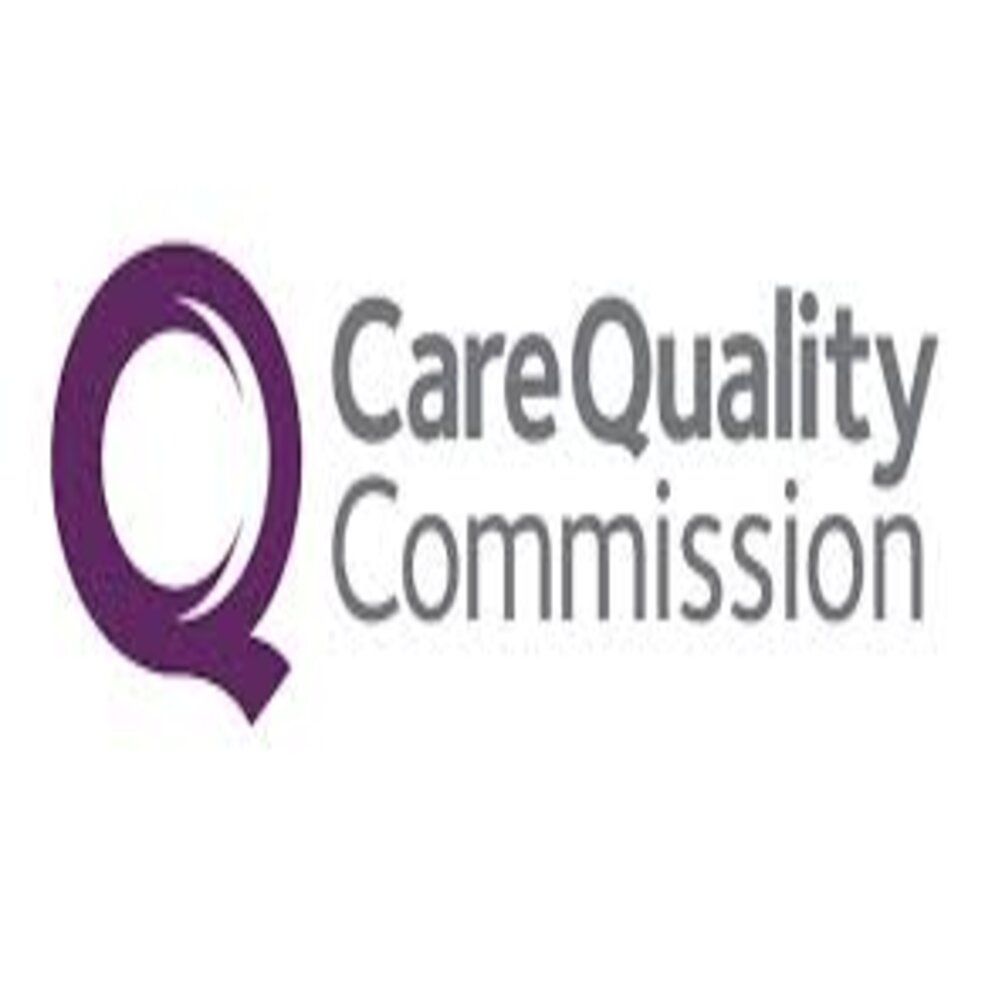When I last wrote to you, I set out our priorities for rebuilding your trust in CQC, and now I want to share with you some of the steps we’ve taken. This is the first of a series of regular updates on the progress we’re making in delivering these priorities.
Over the last few weeks, we’ve been working hard to develop implementation plans for the priority areas of improvement.
Updating our approach to relationship management
The first is around our local relationships with providers. On Friday 23 August, we wrote to NHS trusts to tell them about the work we’re doing on piloting a new approach from 16 September, initially in the NHS sector. We know that in all sectors you value being able to have open conversations about risk and improvement, and want us to support you to develop a good understanding of our regulatory approach. In this pilot, we’re testing new approaches to create more opportunities to build trusted relationships with your local assessment team, for example having a named provider oversight lead to offer a single point of contact. We’re currently finalising the pilot areas, and we’ll contact the individual trusts soon to share more details about how this will work and what they should expect.
I recently spoke to the Health Service Journal about this work and how it relates to our ongoing improvement.
As we collect and evaluate the learning from this initial roll-out, we’ll be working with other sectors to co-design the right approach for them. We’ll share opportunities to get involved in that work as soon as we can.
Having the right expertise in place
I know how much you value CQC having the right expertise at all levels of the organisation so you feel confident that we understand the services you provide. To support this, we’re committed to returning to three Chief Inspectors and will be progressing with recruitment as soon as possible. We are also making some changes to the roles in our assessment teams, having made the decision to revert to the single inspector role so that more colleagues can deliver inspection activity. We’re also looking at where we need to recruit additional people, with the right specialist expertise, to inspection teams, and we will reach out to people who have left CQC recently.
Frequency of assessments
Our most important role is to give the public, providers and stakeholders the most up-to-date view of quality possible. Modelling of our current ways of working shows that we're currently on track to deliver around This is not enough assessment activity to deliver our role and purpose - we need to improve and do better.
A significant amount of our improvement work is focused on developing, testing and introducing new ways of working that will enable us to undertake more good quality assessments per year. I know how important it is for you to understand how often we’ll assess different types of providers, and when every provider can expect an assessment under the new approach. We'd previously hoped to publish this detail in August, but because of the work we're doing to increase the number of assessments we undertake and the work that is underway to improve how we're using our new regulatory approach, we need some more time. I'll keep you updated as this work progresses and share a full update on this as soon as possible.
A regulatory handbook and our provider portal
We’ve already begun conversations with providers and our colleagues about developing a regulatory handbook and improved guidance. For the public, this guidance will include what ‘good’ looks like for each sector, and for providers it will explain what you can expect from an inspection. Thank you to everyone who has already shared views on what this handbook needs to include, you can get involved in this work now through this survey. There will be opportunities for you to get involved with engagement sessions where we’ll start to co-design the handbook with you and discuss when this might be published.
Our new provider portal hasn’t worked as well as we’d wanted for many of you. If you are using the portal to submit notifications, thank you, and please carry on. But if you’ve found it difficult to sign up, you can continue to submit all statutory notifications by email.
All this work is to rebuild your trust in us and to re-align all we do with our core purpose: to make sure health and social care services provide people with safe, effective, compassionate, high-quality care and encourage care services to improve. We know our purpose is shared by people using services, the people we regulate, and our colleagues. We’ll be working in partnership with all these groups to deliver it.
I look forward to sharing updates on our progress
























